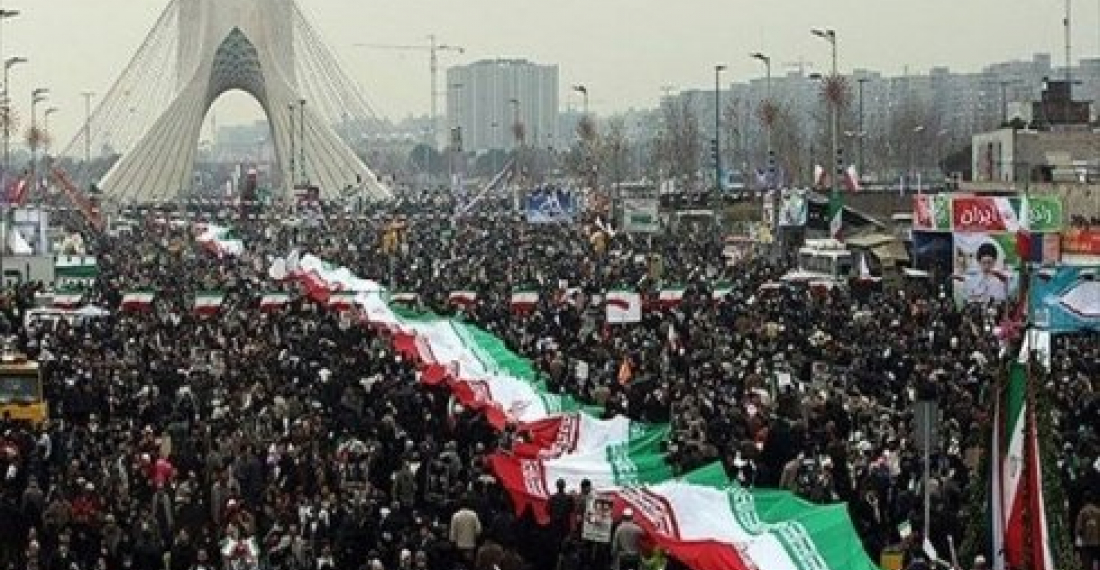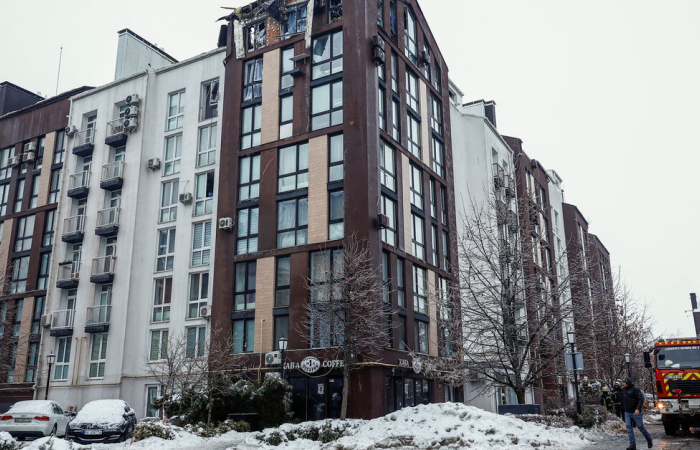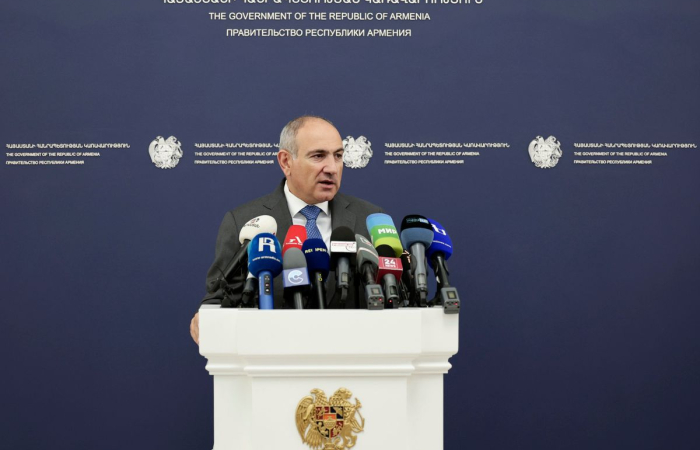Iran is celebrating the 41st anniversary of the 1979 Islamic revolution.
Each year on the 22nd day of the month of Bahman on the Persian calendar (11th of February), Iranians turn out in ceremonies attended by high-ranking officials to renew their allegiance to the Islamic establishment and Imam Khomeini, the late founder of the Islamic Republic.
This year celebrations for the Islamic Revolution anniversary will be held in 5200 locations across the country in addition to Iranian diplomatic missions across the world, Mher News Agency reported. The Defense Ministry is has put a number of its latest defense achievements on display on the rally routes in the capital city of Tehran to showcase a part of the Islamic Republic's defensive achievements during the past years, the agency added.
source: commonspace.eu with Mher News Agency.
photo: Cerlebrations marking the 41st anniversary of the Iranian revolution are taking place in Iran on 11 February (picture courtesy of Mher News Agency, Tehran)







